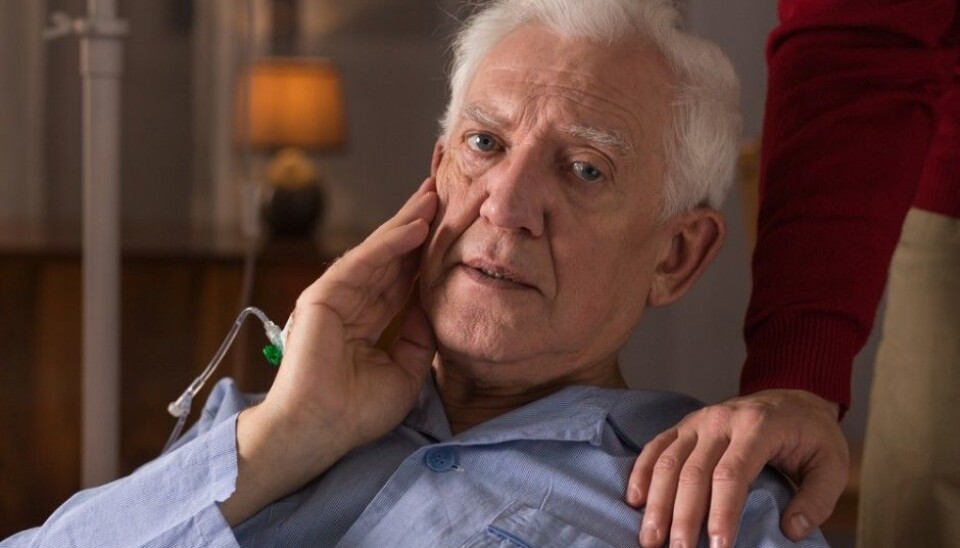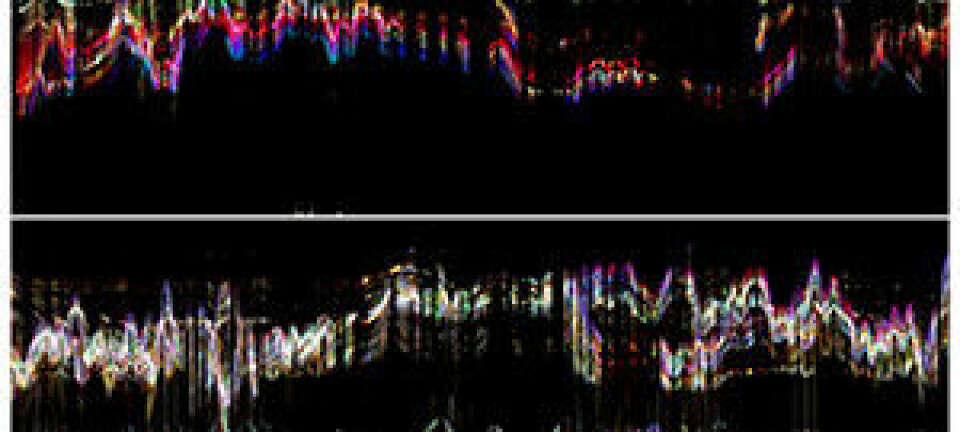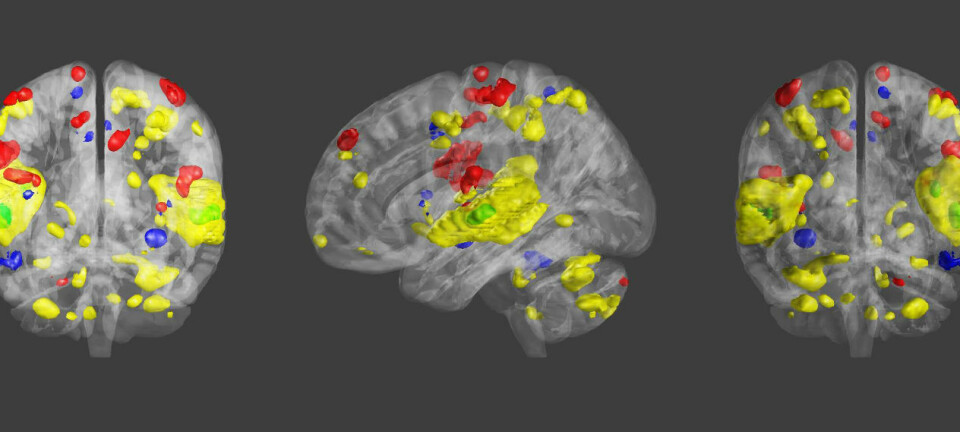
Song and music helps patients with dementia
Music therapy reduces symptoms of anxiety and depression among persons with dementia, according to a review of several studies.
People suffering dementia are often troubled further by anxiety and depression. It is not known whether the depression is triggered because the disease alters the brain or because of the burden of not being considered sound mind by the people around.
ScienceNordic’s partner forskning.no has previously written about smaller, Norwegian studies at the Norwegian Academy of Music showing a reduction in depression and anxiety among demented persons when they heard music from their childhood, adolescence and the life they had before being stricken.
Researchers at the Norwegian Institute of Public Health have now participated in a systematic study of the effect of music therapy for persons with dementia. They evaluated 17 studies of such measures.
All 620 persons in the studies were residents in institutions.
Better than other types of treatment
The researchers compared music-based therapeutic interventions with the effect of other activities such as reading groups, working on puzzles, food preparation and other cognitive exercises.
The 17 studies assessed by the researchers indicate that music therapy does tend to help demented persons with depression and anxiety.
It also appears to help reduce behavioural problems and make demented people more cognitive and able to grasp a little more knowledge.
However, music therapy was not seen by the researchers to have an effect on reducing aggressive behaviour.
Music-based therapy was applied in groups in 12 of the studies. In five it was administered individually.
In most of the cases the music was combined with song and body motions, like clapping or dancing.
No special education required
MD and Neurological Therapist Audun Myskja has also researched the use of music in care for dementia patients.
He found that music reduced anxiety when it was customized to the needs of the individual. He said to the Norwegian Broadcasting Corporation in 2012 that no special education is needed to conduct music therapy.
He has constructed a systematic method for charting the sort of music that can strike a helpful chord with the individual patient. This can be an aid for caretaking personnel who lack the musical competence to provide music therapeutically; they can either use recorded music or sing themselves.
Many persons with dementia get uneasy when being helped to dress, undress or assisted with personal hygiene. Myskja said that songs calmed them down.
-------------------------------------
Read the Norwegian version of this article at forskning.no.
Translated by: Glenn Ostling
































